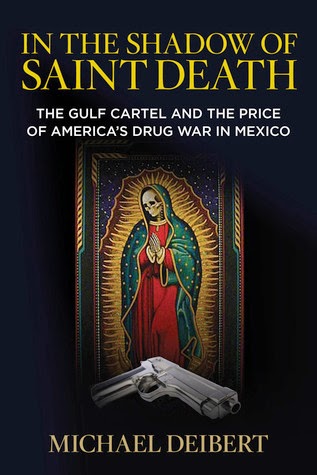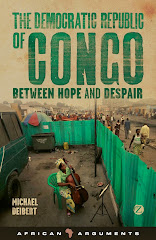 Having just returned from an enjoyable weekend of festivities in Brussels, it was interesting to see how the new Europe’s political capital is faring these days. The headquarters of both the European Union (EU) and the North Atlantic Treaty Organization (NATO), the Belgian capital, despite its small size, fairly drips with internationalism and affluence, a far cry from the relatively provincial backwater it was only twenty years ago. Coffee shops, bars and restaurants bustle with patrons and, even on chill November days, its Grand Place and Jardin Botanique still exhibit so small charm.
Having just returned from an enjoyable weekend of festivities in Brussels, it was interesting to see how the new Europe’s political capital is faring these days. The headquarters of both the European Union (EU) and the North Atlantic Treaty Organization (NATO), the Belgian capital, despite its small size, fairly drips with internationalism and affluence, a far cry from the relatively provincial backwater it was only twenty years ago. Coffee shops, bars and restaurants bustle with patrons and, even on chill November days, its Grand Place and Jardin Botanique still exhibit so small charm.But all is not well in the union of Dutch-speaking Flanders (in the north) and French-speaking Wallonia (in the south). The country has been without a government since June, with the former Minister-President of Flanders Yves Leterme, the favorite to be Belgium’s next Prime Minister, flirting with the idea of splitting up the country and an ill-advised recent editorial in The Economist suggesting the same thing. Unemployment in Wallonia is some three times higher than in Flanders though Brussels itself, somewhat schizophrenically, is a French-lingua franca enclave surrounded by Flemish areas. After being the subject of many jokes and guffawing, the political impasse has taken on something of a creepy ethnic-purity tinge, with Flemish politicians seeking to do away with the bilingual rights of some 150,000 French-speakers who live in the Brussels suburbs in what is otherwise a “Dutch” region. Yesterday, tens of thousands of (mostly French-speaking) Belgians rallied in the capital to urge a political solution and the preservation of a unified state.
Belgium, despite its sleepy reputation, is no stranger to serpentine, convoluted politics. One cannot forget the it was from Brussels that the world witnessed the creation of the Congo Free State, the corporate puppet-state that Belgium’s King Leopold II, with government support, ruled over with intense brutality (though never setting foot in it) for nearly 25 years in the late 1880s and early 1900s, setting that stage for the country’s star-crossed and tragic modern history. Today things are less bloody, but still quite complex. When a Flemish Belgian tried to explain the country’s electoral system to me, I, who report on international politics for a living, have to confess to having been totally and utterly lost and befuddled.
Meanwhile, back in Paris, we greet the new week with a sixth day of strikes by transport unions protesting French President Nicolas Sarkozy’s to reform their outlandishly lavish benefits and retirement packages. Though I have been harshly critical of Sarkozy’s policies vis-à-vis immigration, I have been unimpressed by the arguments of the striking unions, and by the naked self-interest of their position versus workers in other sectors around the country. Speaking with French people in my working-class neighborhood, it sounds like this is a showdown that the French president may very likely win.




No comments:
Post a Comment